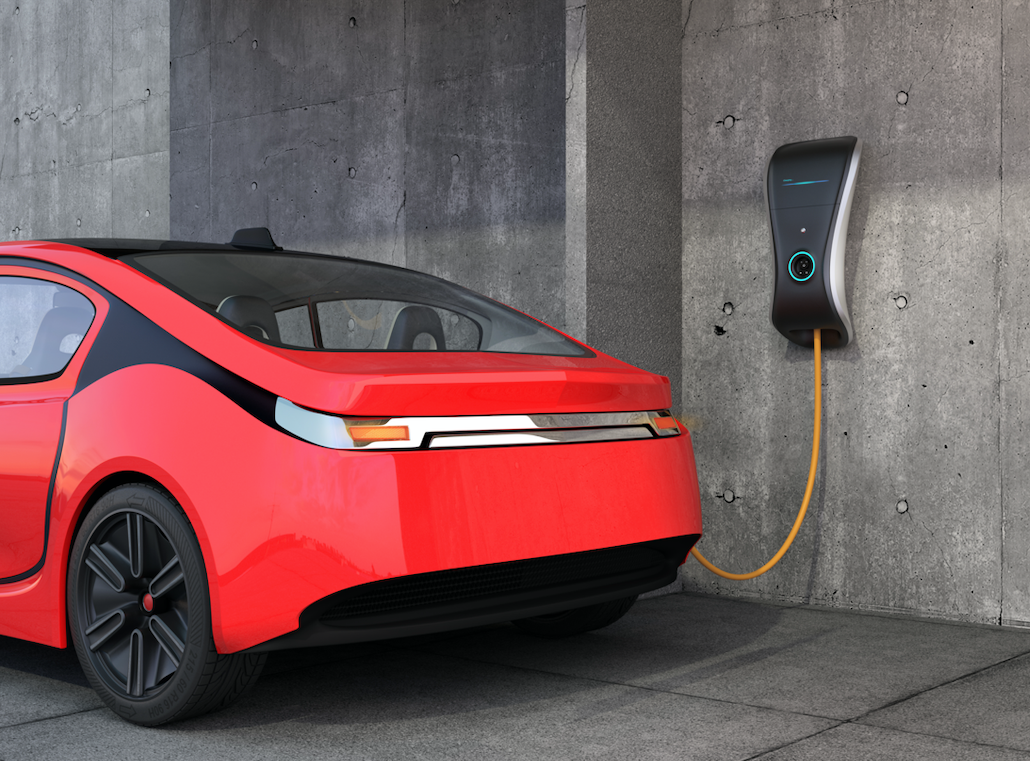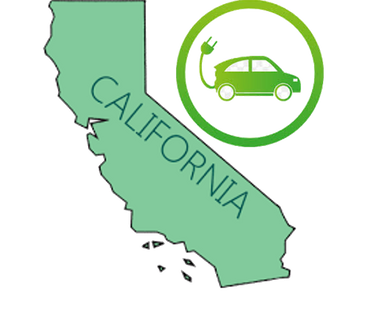
The cost of charging a Tesla and how it compares to gas vehicles
Electric car enthusiasts frequently highlight the cost-saving benefits of charging an EV compared to fueling a traditional gasoline-powered vehicle. While this statement generally holds true, the complete picture is more complex, as various factors come into play, particularly where you charge your electric vehicle (EV).
The Cost of Charging a Tesla at Home
Unless you are one of the fortunate early Tesla owners with free Supercharger access, your most cost-effective option for charging a Tesla is typically at home. The price of charging at home varies significantly depending on your location. For instance, in North Dakota, charging a Tesla Model 3 RWD from empty to full can cost as little as $7, thanks to the state's remarkably low electricity rates, averaging less than $0.10 per kilowatt-hour. However, charging a larger battery in a Model S or Model X in a state with the highest electricity rates in the continental U.S. (e.g., $0.34 per kilowatt-hour in Connecticut) could set you back nearly $40.
However, it's essential to remember that comparing the cost of charging an EV with filling a gas tank is not as straightforward as it seems. To make a fair comparison, you need to consider the mileage you get for each dollar spent in both types of vehicles. As shown in the table below, driving a Tesla can cost as little as a few pennies per mile, depending on the model:
- Tesla Model 3 RWD: $7-$24 for a full charge, $0.03-$0.09 per mile, annual energy cost of $405-$1,215.
- Tesla Model 3 Long Range AWD: $9-$32 for a full charge, $0.03-$0.09 per mile, annual energy cost of $405-$1,215.
- Tesla Model 3 Performance: $9-$32 for a full charge, $0.03-$0.10 per mile, annual energy cost of $405-$1,350.
Your actual costs will vary based on your local electricity rates, as well as factors like your vehicle's real-world efficiency, weather conditions, and driving style. For a more precise estimate tailored to your location, you can refer to resources that provide information on the cost of charging an electric car in each state.
How Much Does It Cost to Use a Tesla Supercharger?
Tesla's extensive network of over 17,000 Superchargers across the world provides EV owners with convenience, but it comes at a price. Superchargers can replenish a Tesla's battery from nearly empty to 80% in 15 to 30 minutes, but the electricity at Superchargers is roughly double the cost of home charging. Supercharger prices can range from $0.25 to $0.50 per kilowatt-hour, depending on the location. To find the most affordable Supercharger stations near you, you can use tools like PlugShare, a free website and app.
While most EV drivers use Superchargers during long-distance road trips, some Tesla owners treat them like traditional gas stations. The table below illustrates energy costs based on current Supercharger prices, assuming an annual mileage of 13,500 miles with all charging taking place at Superchargers:
- Tesla Model 3 RWD: $17-$35 for a full charge, $0.06-$0.13 per mile, annual energy cost of $810-$1,755.
- Tesla Model 3 Long Range AWD: $23-$46 for a full charge, $0.06-$0.13 per mile, annual energy cost of $810-$1,755.
- Tesla Model 3 Performance: $23-$46 for a full charge, $0.07-$0.15 per mile, annual energy cost of $945-$2,025.
Tesla occasionally offers free Supercharging to new buyers at the end of the year or quarter to boost sales. However, these promotions have typically been limited to 1,000 miles or one year. Some early Model S and Model X vehicles sold before January 15, 2017, came with free lifetime Supercharging, which transfers to subsequent owners upon sale. These vehicles can be challenging to find and often command a premium. However, considering the low cost of home charging, they are typically only worth the extra investment if you plan to rely exclusively on Superchargers.
Charging a Tesla vs. Fueling a Gas Vehicle
Electric motors are significantly more efficient than gasoline engines, with electric vehicles typically costing less to operate than their gas-powered counterparts. In an EV, 87% to 91% of the energy consumed is used to move the car, while in a gas vehicle, this figure is just 16% to 25%. Even highly efficient hybrids like the Toyota Prius, which achieves 57 miles per gallon, can often be more expensive to operate than a Tesla Model 3.
However, the equation changes when you rely on costly public charging, as higher electricity prices can negate the efficiency advantage of an EV. The following examples show the costs associated with fueling various gas and hybrid vehicles based on their EPA combined miles-per-gallon (mpg) ratings. The cost estimates for the Prius, Accord, and RAV4 assume regular gasoline prices ranging from $3.11 to $4.66 per gallon, while the other vehicles are calculated using premium fuel prices ranging from $3.83 to $5.10 per gallon:
- Toyota Prius: $35-$53 to fill the tank, $0.05-$0.08 per mile, annual energy cost of $675-$1,080.
- Honda Accord: $46-$69 to fill the tank, $0.10-$0.15 per mile, annual energy cost of $1,350-$2,025.
- Toyota RAV4 AWD: $45-$68 to fill the tank, $0.11-$0.16 per mile, annual energy cost of $1,485-$2,160.
The Key Takeaway
Owning a Tesla can result in significant fuel cost savings, potentially saving you hundreds of dollars each year, especially if you can charge your EV at home or access public charging stations with free or subsidized electricity.





